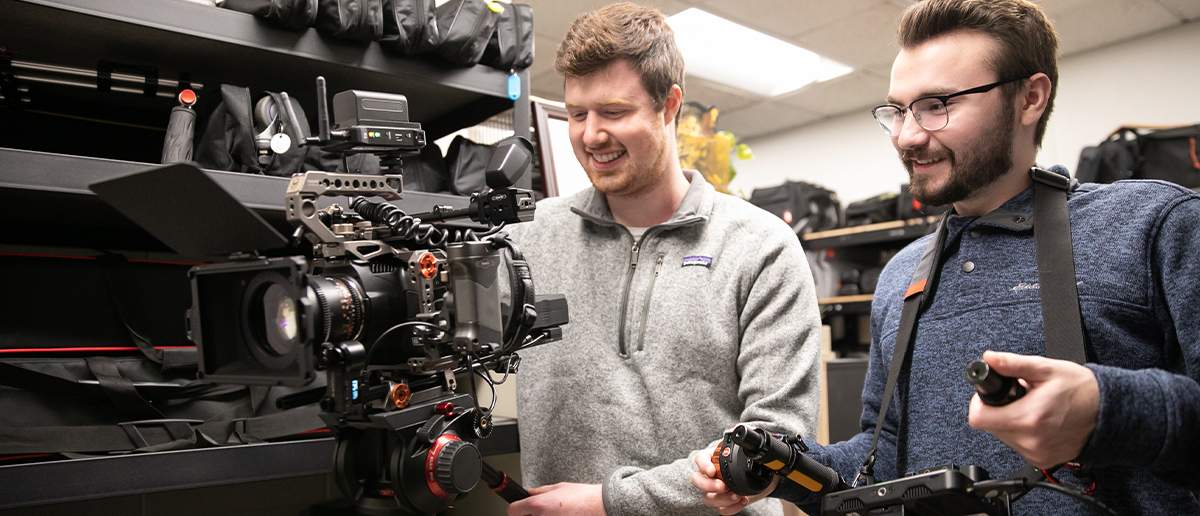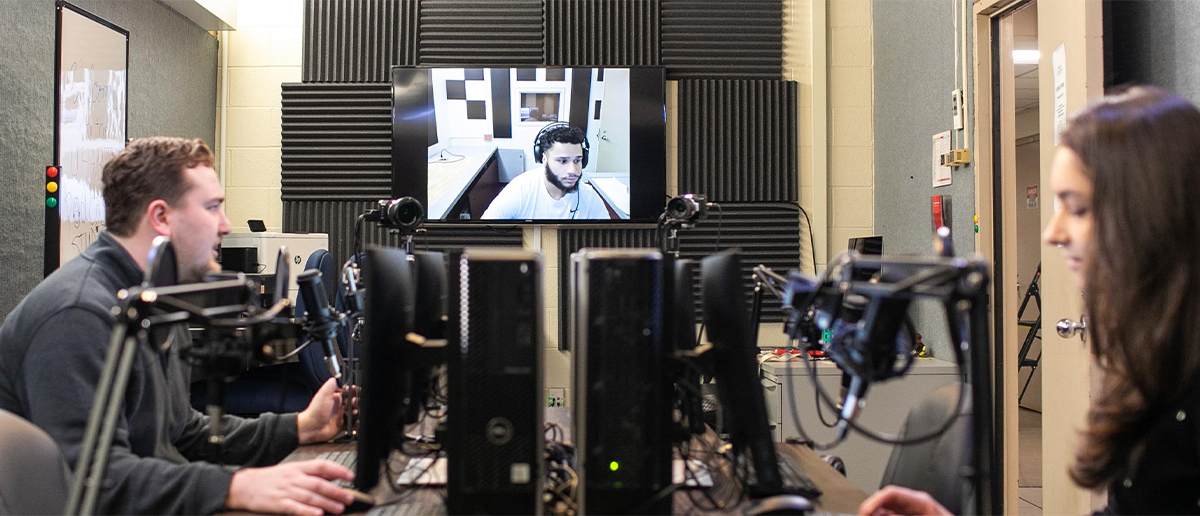
Cinema
As a cinema student, you will study the art of filmmaking and create your own films using the latest technology and collaborate with faculty and peers on professional sets. Cinema majors develop the skills they need to work professionally in the film and media production industries. There are opportunities to present at film festivals, study abroad, and get additional experience through internships or networking in Connecticut, New York, or Boston.
